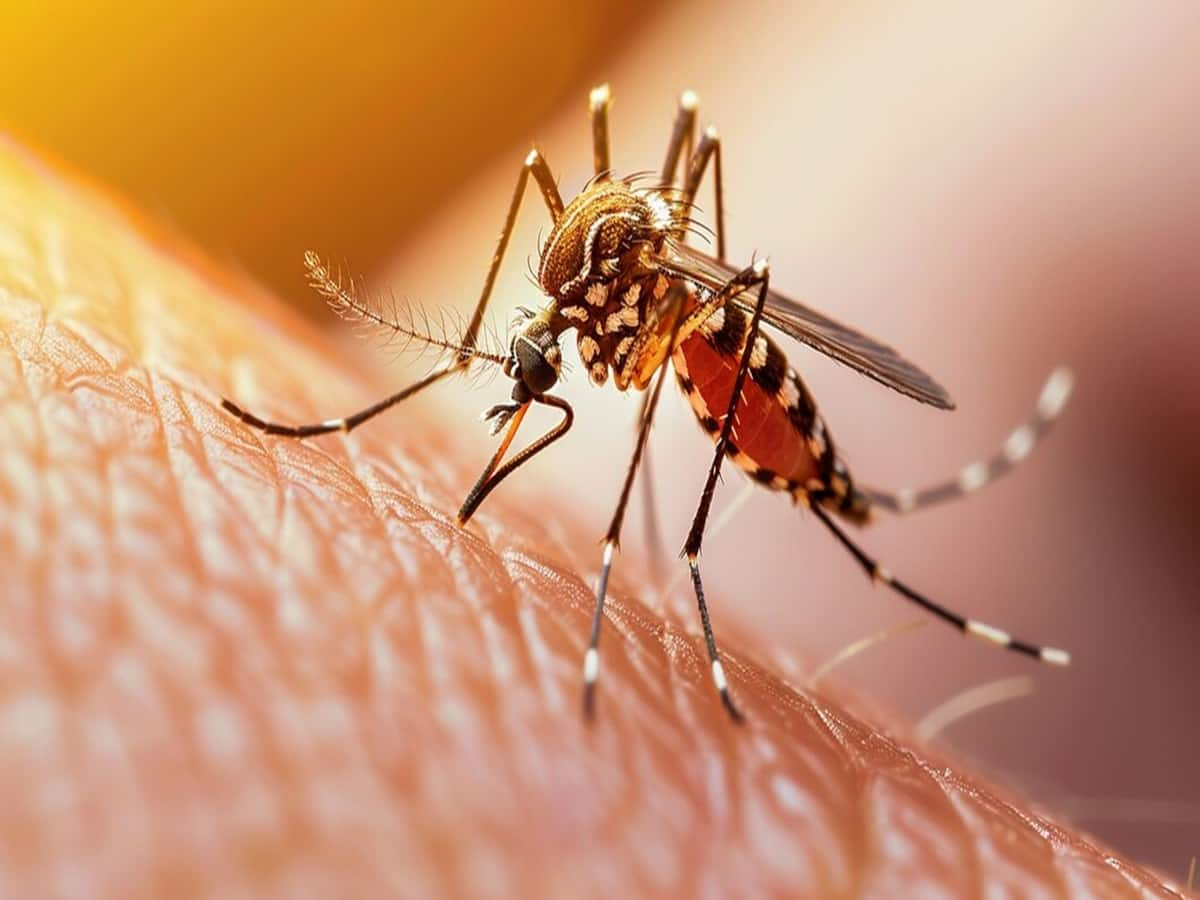Foshan Faces Chikungunya Surge with 2,892 Cases in a Week Amid Control Efforts
In a concerning health crisis, the city of Foshan in Guangdong province, China, has reported a staggering 2,892 cases of Chikungunya virus in just one week. The outbreak has raised alarms among health officials, although the Foshan Disease Control Center asserts that they have the situation under control. Nevertheless, the risk of further outbreaks remains a significant concern for the community.
Background & Context
The Chikungunya virus, transmitted primarily by Aedes mosquitoes, causes fever, joint pain, and other debilitating symptoms. First identified in Africa in the 1950s, the virus has since spread to various parts of the world, including Asia and the Americas. Chikungunya is not typically fatal, but its impact on quality of life can be profound, leading to chronic arthralgia in some cases.
This current outbreak in Foshan is particularly alarming, as it follows a general upward trend in mosquito-borne diseases globally. The rapid rise in cases within a single week has prompted local health authorities to activate emergency response protocols, aiming to mitigate further transmission and to educate the public on preventative measures.
Key Developments
According to reports from Xinhua, local health officials have been working tirelessly to curb the spread of the virus. The Foshan Disease Control Center emphasized that while the outbreak is substantial, they believe they have it manageable. "We are implementing comprehensive control measures, including increased mosquito surveillance and public awareness campaigns," a spokesperson stated during a recent press briefing.
Despite these assurances, the sheer volume of cases in such a short timeframe has raised questions about the effectiveness of ongoing preventive strategies. Experts are urging the community to remain vigilant, as the potential for a larger outbreak looms. "The risk of a breakout remains, especially if the public does not adhere to recommended precautions," warned Dr. Li Wei, an epidemiologist at the Guangdong Provincial Health Commission.
\n\n
Image for Foshan Faces Chikungunya Surge with 2,892 Cases in a Week Amid Control Efforts
Broader Impact
The implications of this outbreak extend beyond immediate health concerns. The economic impact on local businesses, particularly in the tourism and hospitality sectors, could be significant. Fears of the Chikungunya virus may deter visitors from traveling to Foshan, which has been a growing hub for commerce and tourism in recent years.
Moreover, this outbreak adds to the already heavy burden on China"s healthcare system, which has been grappling with various public health challenges. The recent surge in Chikungunya cases could strain resources, diverting attention and funding from other critical health initiatives. Observers note that the situation mirrors similar outbreaks in other regions, where mosquito-borne illnesses have surged due to climate change and urbanization, as seen in recent developments in public health discussions globally.
What"s Next
Looking ahead, health officials in Foshan are focusing on immediate control measures, including increased fogging operations and community engagement to eliminate mosquito breeding sites. Public health campaigns are being ramped up to inform residents about the symptoms of Chikungunya and the importance of mosquito bite prevention.
Additionally, authorities are monitoring the situation closely, with plans to reassess the outbreak"s status weekly. They are also collaborating with national health organizations to implement a broader strategy for vector control across Guangdong province. As this situation evolves, residents are encouraged to stay informed and proactive in protecting themselves against the virus.

Image for Foshan Faces Chikungunya Surge with 2,892 Cases in a Week Amid Control Efforts







![[Video] Gunfire between Iraqi security forces and Sadr militias in Baghdad](/_next/image?url=%2Fapi%2Fimage%2Fthumbnails%2Fthumbnail-1768343508874-4redb-thumbnail.jpg&w=3840&q=75)
